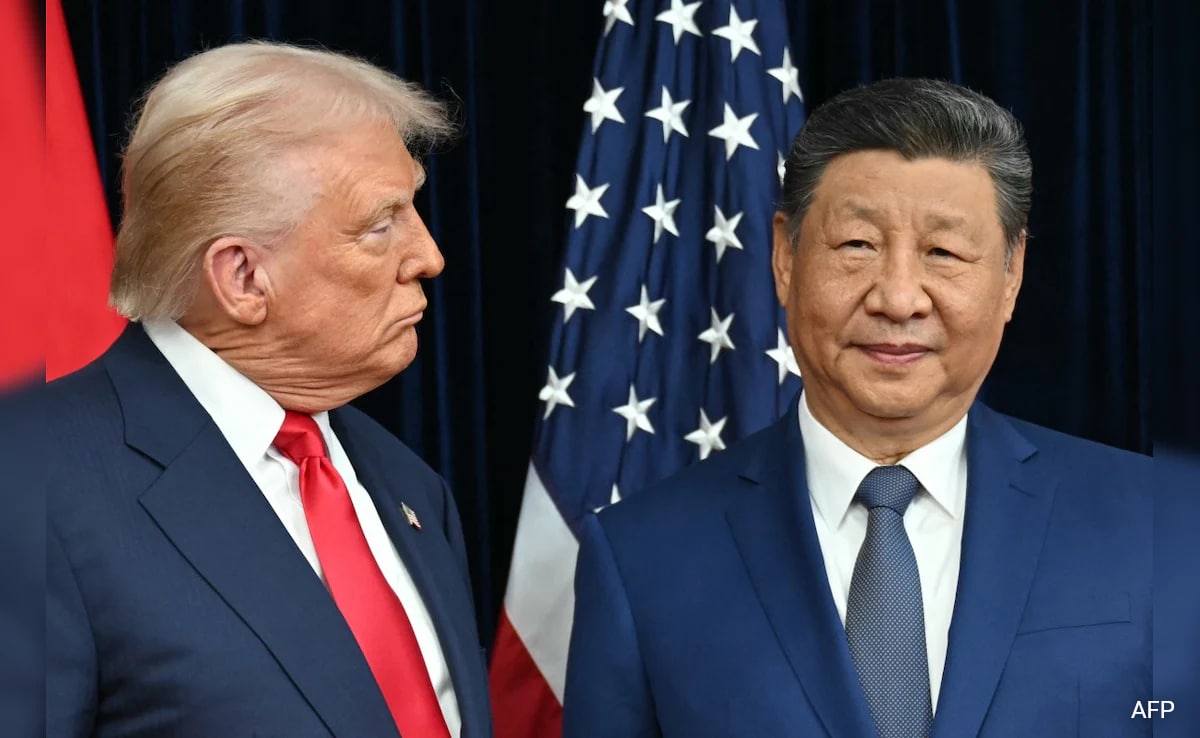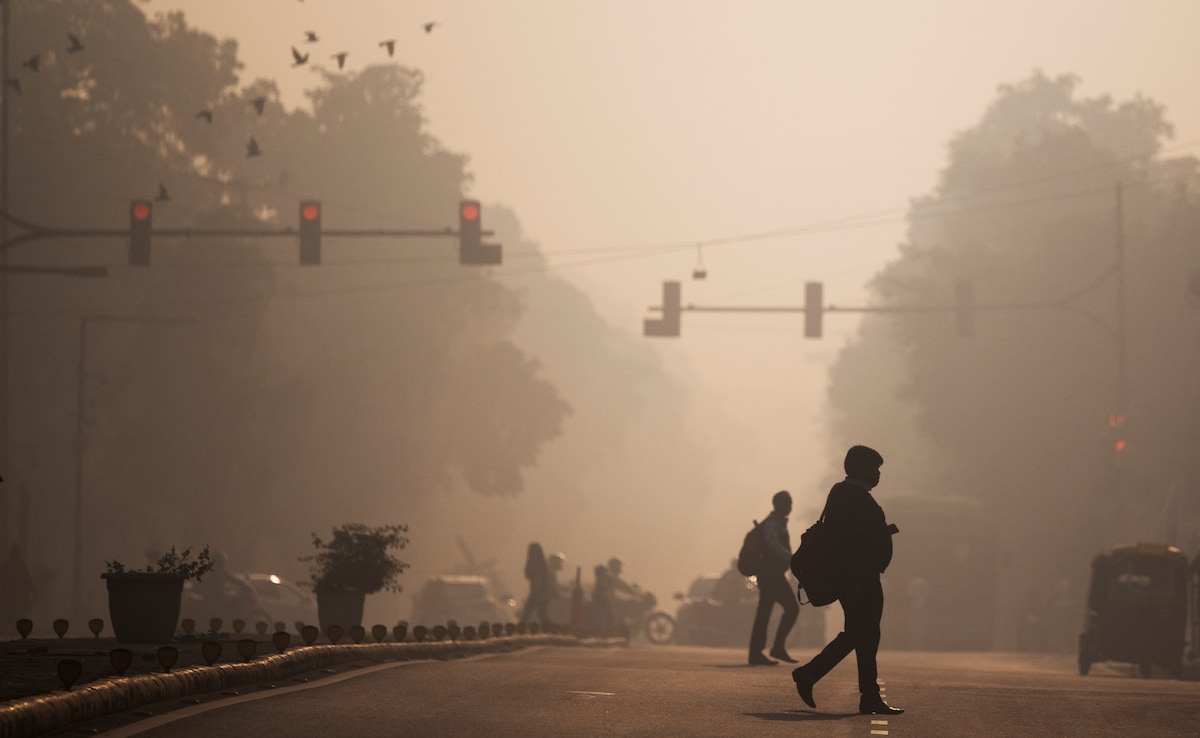In total, 20 suspects have been charged, but five of them are presumed dead and one is imprisoned in Turkey. Out of the group of alleged direct perpetrators, only one â Belgian-born French citizen Salah Abdeslam â survived and will be present in court during the over eight-month trial.
Still, both in scale and symbolism, the trial is historic. The coordinated events of Nov. 13 amounted to Franceâs worst post-World War II attack. More than 300 lawyers represent about 1,800 civil parties, including survivors, amid tight security precautions.
To accommodate the unusually large number of participants, the proceedings take place in a specially built, temporary courtroom inside the Palais de Justice in central Paris. The space is constructed of blonde wood, chosen to create âa sense of calm,â with a glass-paneled section where the defendants sat down on Wednesday. Classical marble statues gaze out over the scene.
Survivors and victimsâ relatives may alternatively follow the trial remotely, through a secure audio connection. The proceedings are being videotaped, as well, though access to the footage is restricted and it will not be broadcast on television.
Those involved will be supported by psychologists on-site and via a hotline.
âIt took them months and years to rebuild their lives. And now, again, to go into it â itâs really hard after six years,â said Sharon Weill, a law professor at the American University of Paris who focuses on terrorism trials.
Others see the proceedings as a chance to confront trauma, both on an individual and on a national scale. After years of conspiracy theories and ideological exploitation of the attacks, said Arthur Dénouveaux, a Bataclan survivor, the trial offers French society a chance to âunderstand what really happened to us, with no exaggeration and no diminishment.â
Dénouveaux was at the Bataclan when the attackers opened fire into the crowd, killing 90 people. He climbed over dead bodies to escape.
The organization he now leads, Life for Paris, has helped other survivors and relatives to prepare for the trial â and to decide if they want to testify or follow more passively.
Survivorsâ involvement will turn the proceedings into a âhybrid trial,â said Weill, who expects a focus on the accounts of survivors to establish âthe narrative from their point of view,â as well as on establishing criminal responsibility of the perpetrators.
But the latter point could be difficult, experts caution. In last yearâs trial of 14 people for involvement in the January 2015 attacks on Charlie Hebdo magazine and a Jewish supermarket, terrorism charges were dropped for six of them.
Among the key issues in the upcoming proceedings is whether Abdeslam will respond in court to questions about the night of the attacks. In a separate trial in 2018, focused on a shootout with police four months after the Paris attacks, a Belgian court found Abdeslam guilty of attempted murder and sentenced him to 20 years in prison. Abdeslam did not answer questions during the Belgian trial.
The main defendants in the Paris proceedings will only be questioned about the attacks starting in January, which will coincide with the lead-up to the presidential elections in April. Both President Emmanuel Macron and far-right leader Marine Le Pen have focused on security in recent months â raising the prospect that the trial will become an election year issue.
âIf it becomes really kind of a centerpiece of the debate between everyone, thatâs where it becomes very painful,â Dénouveaux said.
François Heisbourg, a political analyst who advised Macron on national security, said it would be difficult for the presidentâs opponents to capitalize on the trial ahead of the election.
Macron âwas not part of the problem, and he can claim that heâs part of the solution,â said Heisbourg.
Macron, who came into office in 2017, extended some rules introduced during the state of emergency after the attacks, including the forced closure of places of worship that are deemed to provoke hatred and violence.
But many of Macronâs proposals and changes have been controversial, and a number of them have been rejected by the countryâs highest constitutional authority for infringing upon fundamental rights.
Thibault Morgant, a survivor of the Bataclan attack and a representative for the 13onze15 victimsâ group, said the worst possible outcome of the upcoming trial would be if France compromised on its rule of law.
As the United States approaches the 20th anniversary of the 9/11 attacks on Saturday, the U.S. legal response to the attacks â embodied by the Guantánamo Bay Detention Camp â has served as a warning to some in France.
âWe want the opposite of that,â Morgant said.
.png)











 English (United States) ·
English (United States) ·  Turkish (Turkey) ·
Turkish (Turkey) ·